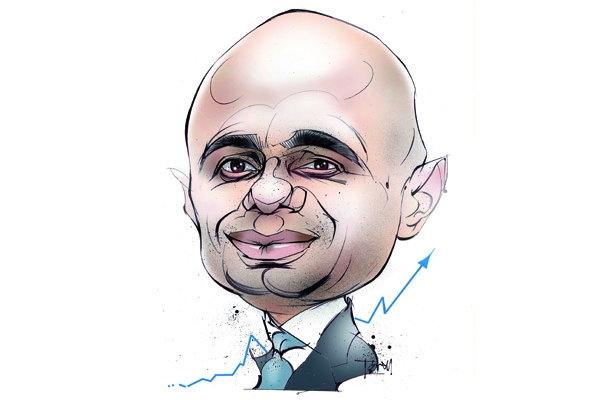The suggestion, made by the poet Michael Rosen and others, that Sajid Javid is not sufficiently cultured to be Culture Secretary is as ludicrous as it is pompous. The secretary of state does not write poetry – even bad poetry. He decides how best to make the arts flourish, both as a source of spiritual value and revenue. Therein is a challenge – one that his predecessors have failed to meet.
The nadir of Maria Miller’s lamentable ministerial career was not her recent non-apology or even the episode which saw her advisor appear to threaten a newspaper. No, it was the speech on culture in the age of austerity she gave last summer. There were solecisms and absurdities aplenty (my favourite was ‘visitor economy’ instead of ‘tourism’); but the analytical thrust of her speech was flawed by the mistaken belief that the arts’ spiritual value and monetary value are separate:
‘A proper grasp of the potential economic impact of culture would serve us all well… Culture cannot be seen in isolation at a time of unprecedented economic challenge. Everyone has to play a part in our efforts to reduce the deficit, my Department is no exception. Do we want to be seen to inspire our children or leave them with a mountain of debt?’
This ‘proper grasp’ of the arts seems to have no place for beauty, brilliance and originality. And what is the point of a culture policy that cannot recognise that the price of a cultural asset lies in the value of its rarefied beauty, brilliance and originality?
In next week’s issue of the magazine, I have reviewed an exhibition by an artist called Susan Aldworth. Her interest is human consciousness. She has worked closely with psychiatrists and doctors to explore how our thoughts and neuroses might be displayed as an image. This is complicated because our scientific understanding of the physical brain is limited. I’m not sure that Aldworth’s work is beautiful; but it is original, provocative and strangely instructive. It sits right at the edge of our own uncertainty; that’s what makes it valuable. Surprise, surprise; there is a market for Aldworth’s work. You can even find her in that temple to commerce: the Saatchi Gallery.
Sajid Javid is intelligent and thoughtful; you have to be to understand money in such depth. I expect that he already grasps what it is that makes culture commercially valuable. A deeper question for Javid is whether the notoriously bureaucratic (and politically correct) system of arts funding makes Britain’s artistic life more or less valuable than it otherwise might be. The answer to that question might then be applied to another part of Leviathan.






Comments